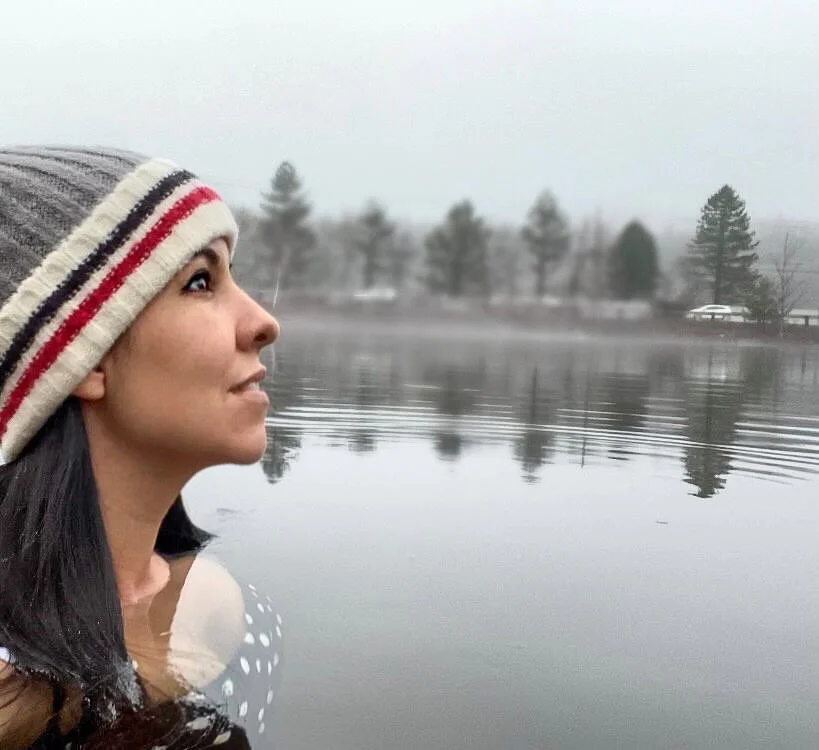For this month’s blog series we were excited to sit down virtually with Michelle Avery. Michelle has been active on social media sharing her journey with chronic pain, and has been a real trendsetter in the ways in which she has coped with her pain.
Tell us about yourself:
My name is Michelle, and I live in Halifax, Nova Scotia. My journey with chronic pain is based mainly around Endometriosis but I also experience secondary pain conditions due to endometriosis. One disease that has become quite prominent in my life is interstitial cystitis.
When my endometriosis pain became severe a few years ago, I became bed-bound for most of those two years. I developed a lot of muscular pain issues due to a sedentary lifestyle, that I still struggle with a lot today, even though my endometriosis is a bit more manageable.
“It’s easier to accept ‘this pain is in my life’ rather than desperately fighting against it with minimal success and loads of disappointment.”
Can you describe what your pain feels like?
Depending on the day I struggle with a variety of types of pain. First and foremost, pelvic cramps and stabbing, and sometimes aching caused by endometriosis, interstitial cystitis, and pelvic floor dysfunction. Because of bed rest, I developed severe headaches as a result of persistent muscular issues in my neck. Not to mention, I also struggle with muscle pain in my back and hips for various reasons.
What are some of the more modern medicine techniques that have worked for you?
Unfortunately, nothing has really worked for me yet. I felt slight pain reduction after my hysterectomy and excision surgery, and minimal pain relief with pain medications but those also come with side effects, so I choose to avoid them as much as possible.
Have you ever reached a point where you had to think outside the modern medicine box? If so, what did you do that helped with the pain?
I have had a bit more success with things like physiotherapy, massage therapy, acupuncture, and pelvic floor physiotherapy. I have also had moderate success with cold water swimming which I started this year.
Your cold water therapy has definitely generated a lot of buzz. Can you tell us how you got into this and why you continue to do it, even now in minus celsius weather?
Yes of course. So I was experiencing this chronic pain and I knew that some of it was due to endometriosis which ultimately I needed to access my excision specialist who is out of province and (especially with the pandemic) difficult to get to. I also knew there were other things going on with my body and I knew that ultimately it was due to inflammation. I had read that cold water therapy helps inflammation, much like putting an ice pack on an inflamed muscle. So I took the plunge, literally and figuratively. After swimming in tolerably cold water, I noticed that the pain I went into the water with was not present once I came back out. Needless to say, as I would start to feel the pain creep back in, I knew it was time to go for another swim. Right from the beginning it became an everyday thing that I am now addicted to. Yes, its cold! But its something I can rely on, and really enjoy now.
Generally speaking then, are you open to alternative therapies such as osteopathic, pelvic floor, myofascial massage, acupuncture?
Yes absolutely, however it can be difficult to afford the consistency required for these treatments to help. Healthcare in province and across provinces doesn’t make it easy to afford such services long term even when they are proving to help.
What would you tell others battling with chronic pain who are maybe undecided about these types of therapies?
I would say that having an open mind to any and all treatment options is helpful. I try to remain open to everything; you never know what might help. And when medical treatment can be difficult to obtain, such as having your specialist all the way in Ontario, it helps to have other things you can depend on, even if for just a short time.
This is amazing Michelle, and very inspiring. Looking back, what would you tell your younger self about pain management?
I spent years fighting against my pain, it was when I learned to accept it that life improved. It’s easier to accept “this pain is in my life” rather than desperately fighting against it with minimal success and loads of disappointment. So I would tell my younger self to learn that life can still be amazing with chronic pain. It’s all in how you perceive it. So much of your pain management is in your mindset. I know it’s hard to grasp that sometimes but the reality is: there is truth to it.
I would also tell my younger self, “You are going to be in pain, that’s a guarantee. You can choose to be in pain at home in bed, or you can choose to be in pain out in nature, where you are at your happiest. Choose Nature. Choose your joy!”
You are an inspiration to many people. We really hope your journey has a bright future. Is there anything else you want to share?
I would just like to say, never stop believing that something out there is going to help your pain. I have tried so many treatments with vastly varying degrees of success, but I will always keep trying new options. I truly believe someday I’ll have my pain managed and look back at this very long journey and see so many life lessons I’ve learned along the way. Patience and self acceptance being the biggest. I never would have thought I would be swimming in 2-degrees celsius lakes in January for pain management, but here I am, and it helps so, who knows what’s next on the horizon for me.
Endometriosis is a disease in which tissue similar to the lining of the uterus (called the endometrium) grows on the ovaries, and outside of the uterus. This disease affects 1 in 10 people who menstruate, and can cause painful periods (dysmenorrhea), heavy bleeding, and infertility. The location of these lesions can vary from person to person, as can the level of pain associated with it. To address any symptoms you may have it is best to consult with an endometriosis specialist.
Interstitial Cystitis is part of a spectrum of diseases called Painful Bladder Syndrome. Often IC can be misdiagnosed as a urinary tract infection but does not resolve with antibiotics. The pain can range from mild discomfort to severe pain and is often referred to as a bladder pressure. Currently there are no cures for IC but are often treated with pain medications.
If you have any questions please reach out to us at info@femade.ca


